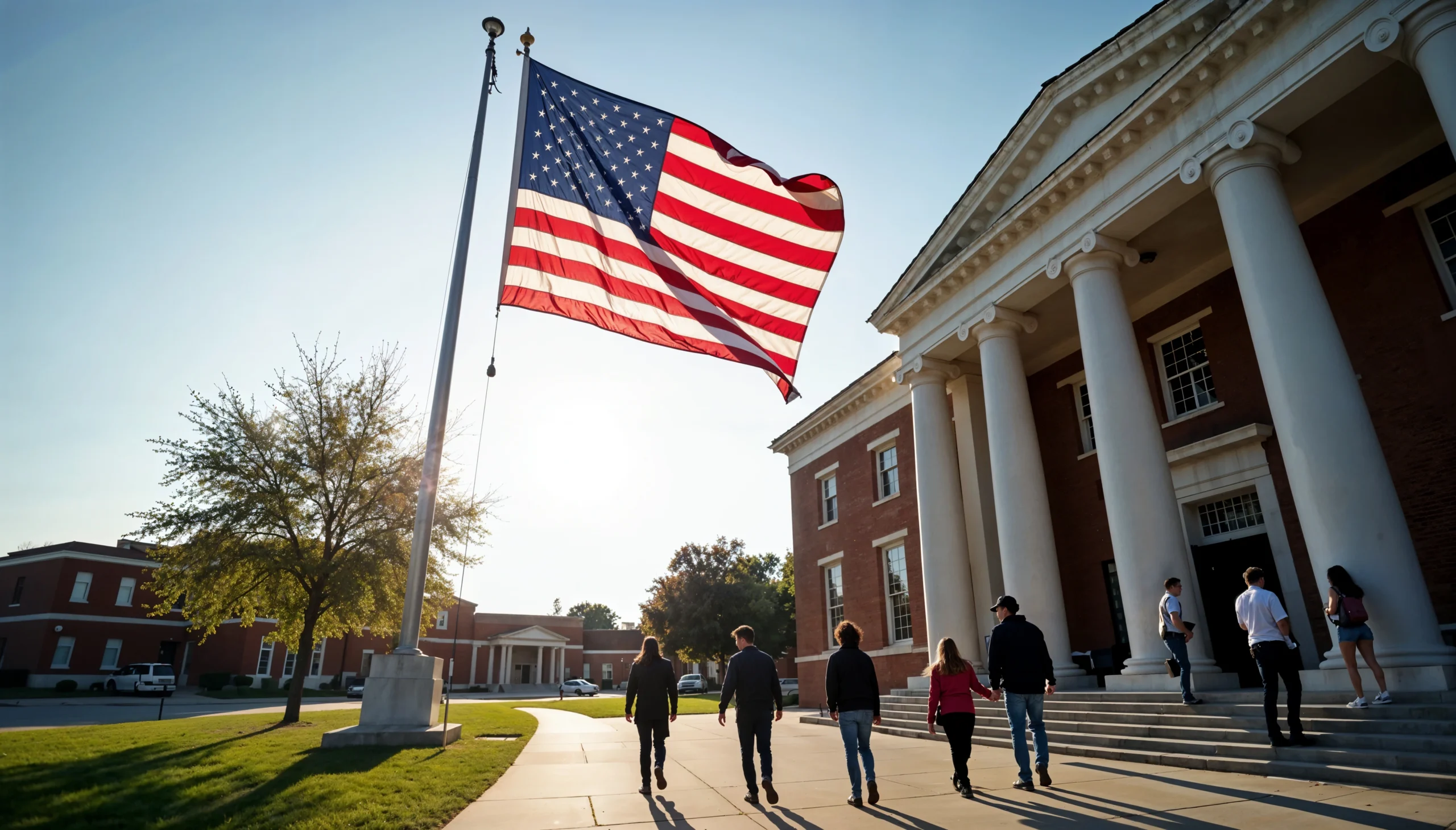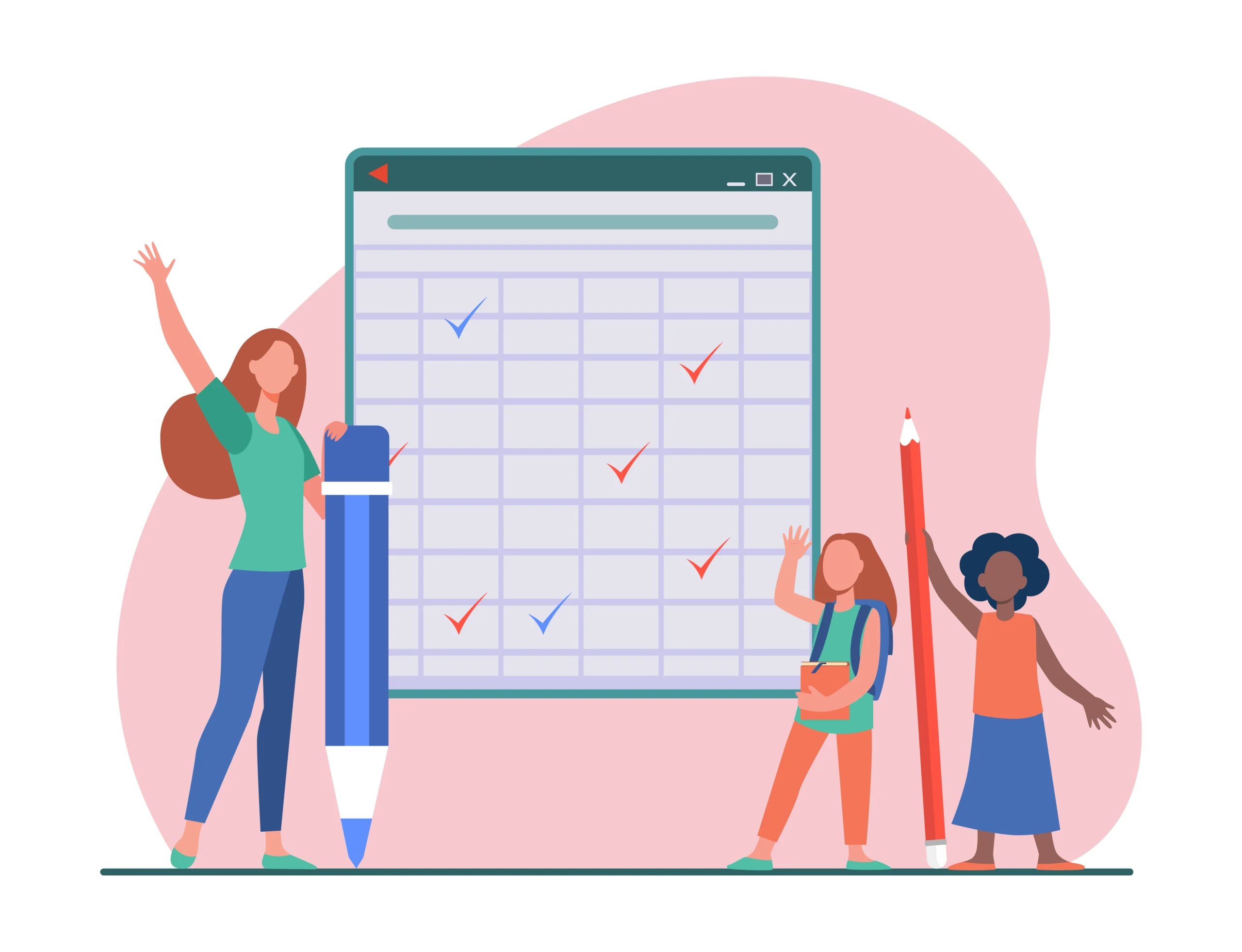5 TED Talks That Will Change the Way You Think About College and LifeJune 5, 2025

Are you a high school student dreaming about college, but feeling overwhelmed by the choices, expectations, and the pressure to succeed? You’re not alone. The journey from high school to college is filled with excitement, but also anxiety and uncertainty. What if you could get advice from some of the world’s brightest minds—people who have faced challenges, asked big questions, and discovered powerful ways to learn, grow, and thrive? That’s exactly what TED Talks offer: bite-sized wisdom from experts, innovators, and thinkers who have walked the path before you. In this blog, I’ve curated 5 TED Talks that will change the way you function—not just in school, but in life. These talks cover everything from learning how to learn, to overcoming fear, to finding your passion and purpose. Whether you’re applying to college, preparing for exams, or just figuring out who you want to be, these talks will inspire you to think differently and take action. Each section includes a summary, key takeaways, and a direct link to the video so you can dive deeper.
1. The First 20 Hours — How to Learn Anything
Speaker: Josh Kaufman
Summary
Josh Kaufman, author of “The Personal MBA,” debunks the myth that mastering a new skill takes 10,000 hours. Instead, he reveals that you can go from knowing nothing to being pretty good at something in just 20 hours. The secret? Focused, deliberate practice and breaking down the skill into manageable parts.
Key Takeaways
● You don’t need to be an expert to get started. Most skills can be learned to a functional level in just 20 hours.
● Deconstruct the skill. Break it into smaller, learnable parts.
● Practice deliberately. Remove distractions and commit to focused practice.
● Embrace the discomfort of being a beginner. The first few hours are always the hardest, but persistence pays off.
Why It Matters for High School Students
As you prepare for college, you’ll face new subjects, technologies, and environments. Kaufman’s approach empowers you to tackle anything with confidence, whether it’s learning calculus, coding, or even public speaking.
2. The Power of Believing That You Can Improve
Speaker: Carol Dweck
Summary
Psychologist Carol Dweck introduces the concept of “growth mindset”—the belief that intelligence and abilities can be developed through hard work and perseverance. She contrasts this with a “fixed mindset,” where people believe their talents are innate and unchangeable.
Key Takeaways
● Effort matters. Success comes from persistence, not just talent.
● Embrace challenges. Mistakes and failures are opportunities to grow.
● Use the word “yet.” If you can’t do something, remind yourself: “I can’t do this yet.”
● Praise effort, not just results. Focus on the process, not just the outcome.
Why It Matters for High School Students
College is full of challenges. Adopting a growth mindset will help you bounce back from setbacks, adapt to new environments, and keep improving—no matter how tough things get.
3. Inside the Mind of a Master Procrastinator
Speaker: Tim Urban
Summary
Tim Urban takes you on a hilarious journey through the mind of a procrastinator. Using cartoons and personal anecdotes, he explains why we put things off and how the “Instant Gratification Monkey” in our brain can derail our best intentions—especially when deadlines are far away.
Key Takeaways
● Everyone procrastinates, but not everyone is a procrastinator.
● The “Panic Monster” only wakes up when deadlines are near.
● Long-term goals (like college applications) don’t have deadlines—so they’re easy to ignore.
● Awareness is the first step. Recognize your patterns and take small steps to overcome them.
Why It Matters for High School Students
Procrastination can sabotage your college dreams—whether it’s missing deadlines, cramming for exams, or not starting your application essays. Urban’s insights (and humor) will help you understand your own habits and start making better choices today.
4. What Makes a Good Life? Lessons from the Longest Study on Happiness
Speaker: Robert Waldinger
Summary
Harvard psychiatrist Robert Waldinger shares findings from a 75-year-long study on what makes people truly happy and healthy. The answer isn’t money or fame—it’s the quality of our relationships.
Key Takeaways
● Good relationships keep us happier and healthier.
● Loneliness is toxic. Social connections are vital for mental and physical well-being.
● Quality matters more than quantity. A few close, trusting relationships are better than many superficial ones.
● Invest in people, not just achievements.
Why It Matters for High School Students
As you transition to college, it’s easy to focus solely on grades, resumes, and achievements. Waldinger’s talk is a reminder to nurture friendships, family, and community—these are the real
keys to a fulfilling college experience and life.
5. Your Body Language May Shape Who You Are
Speaker: Amy Cuddy
Summary
Social psychologist Amy Cuddy reveals how “power posing”—standing in a posture of confidence—can affect our brains and even our chances for success. She argues that body language not only influences how others perceive us, but also how we feel about ourselves.
Key Takeaways
● Fake it till you become it. Acting confident can help you actually feel more confident.
● Body language affects hormones and behavior.
● Small changes can make a big difference. Try a “power pose” before interviews, presentations, or exams.
● Presence matters. Show up as your best self, even when you’re nervous.
Why It Matters for High School Students
Interviews, presentations, and new social situations are part of college life. Cuddy’s tips will help you project confidence—even when you feel uncertain inside.
Frequently Asked Questions (FAQs)
Q1: How can I use these TED Talks to improve my college applications?
Watch each talk and reflect on how the ideas apply to your own experiences. For example, mention your growth mindset in essays, or describe how you overcame procrastination. Colleges value self-awareness and a willingness to learn.
Q2: I’m nervous about learning new skills in college. Where should I start?
Begin with Josh Kaufman’s “First 20 Hours” method. Pick one skill you want to learn, break it down, and commit to 20 hours of focused practice. Remember, you don’t have to be perfect—just get started.
Q3: What if I don’t feel confident in interviews or presentations?
Try Amy Cuddy’s “power posing” before your next big moment. Practice standing tall, shoulders back, and taking up space. It might feel silly at first, but it can boost your confidence and performance.
Q4: How do I build meaningful relationships in college?
Prioritize quality over quantity. Join clubs, attend events, and seek out people who share your values. Remember Robert Waldinger’s advice: invest time in friendships and be open to new connections.
Q5: I struggle with procrastination. What can I do?
Acknowledge your habits, set small, achievable goals, and reward yourself for progress. Tim Urban’s talk will help you understand why you procrastinate—and how to outsmart your “Instant
Gratification Monkey.”
Conclusion: Your Next Steps
These five TED Talks offer more than tips—they provide mindsets and tools that will serve you well in college and beyond. Watch them, take notes, and share them with friends. Most importantly, start applying their lessons today. Remember: college isn’t just about getting good grades. It’s about growing as a person, building relationships, and discovering what matters most to you. Let these talks be your guide as you take the next big step.
Quick Links to the TED Talks
1. The First 20 Hours — How to Learn Anything (Josh Kaufman)
2. The Power of Believing That You Can Improve (Carol Dweck)
3. Inside the Mind of a Master Procrastinator (Tim Urban)
4. What Makes a Good Life? Lessons from the Longest Study on Happiness (Robert Waldinger)
5. Your Body Language May Shape Who You Are (Amy Cuddy)
Ready to be inspired? Reach out to us. Your future is waiting—and we’re here to walk with you




